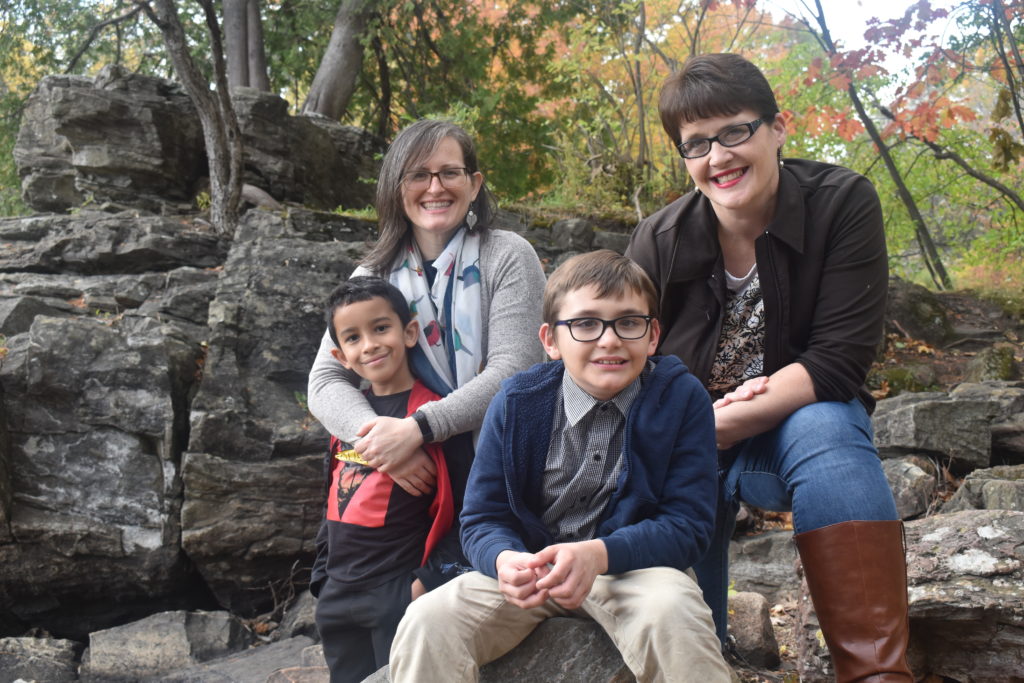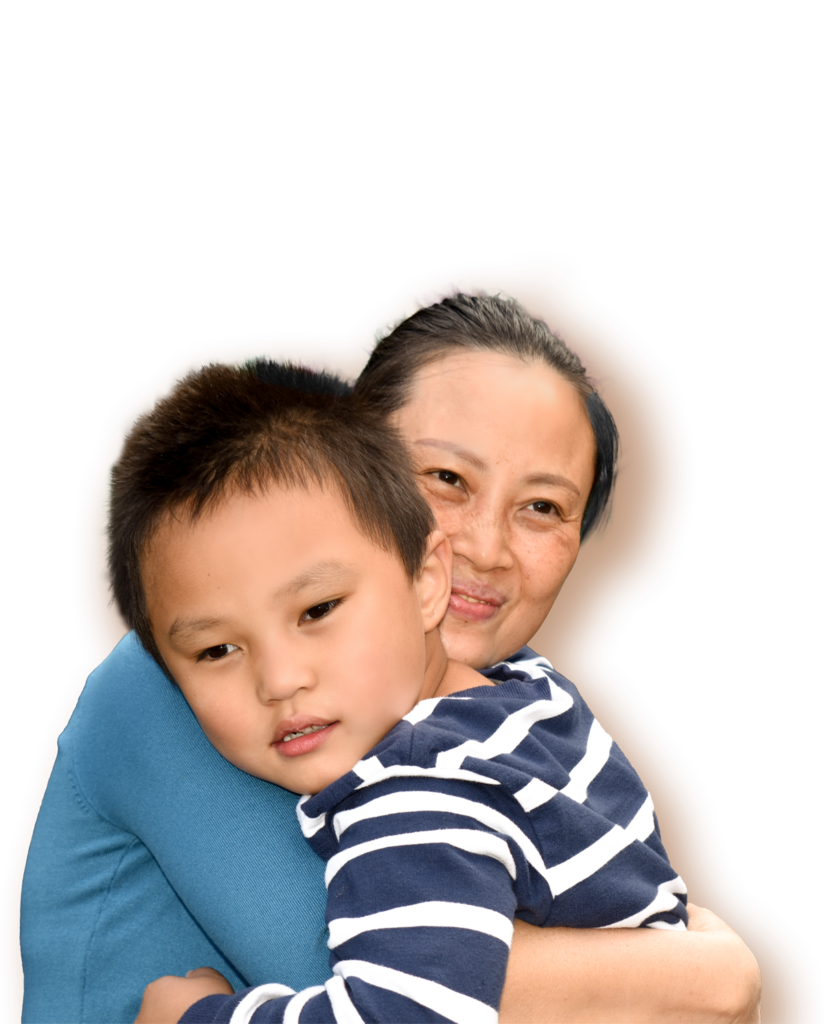People who support persons with an intellectual or developmental disability (I/DD), are adaptable, flexible, committed, and capable of stretching their capacity in many ways. These characteristics come together to provide care for people with needs in the form of a caregiver.
First Lady Roslyn Carter once said, “There are four kinds of people: those who will become caregivers, those who are caregivers, those who were caregivers, and those who will need caregiving themselves.”
November is National Family Caregivers Month — a time to recognize family caregivers in the innumerable challenges they face, as well as the care they provide people every day.
The caregiver is the glue that holds together all the pieces that affect the person with disability. Most often a parent, caregivers act from a place of attention and concern, many times sacrificing their own needs.
The term caregiver can apply to anyone—family member, friend, spouse, neighbor, or a paid employee – who assists someone with need. A family caregiver is typically an unpaid family member who helps a loved one while also managing other aspects of life, include working, raising children, and maintaining other home and life responsibilities. Sometimes a caregiver is a spouse, sibling, or even grandparents.
Caregivers have a variety of roles and responsibilities, and typically provide primary care in everyday life for their loved ones. Many are on call 24/7, 365 days of the year, assisting in a wide range of needs such as cooking, personal care, arranging and attending medical appointments, and leading medical care decisions.
National Caregiver Month supports caregiver wellbeing, recognizing that it is not selfish to focus on one’s own needs when acting as a full or part time caregiver—it’s an important part of the job.
Suggested Self-Care Tips
- Learn Stress-reduction techniques, e.g. meditation, prayer, yoga, Tai Chi.
- Pay attention to personal healthcare needs.
- Get proper rest and nutrition.
- Exercise regularly, even for 10 minutes at a time.
- Take regular breaks, time off or get away, without guilt.
- Participate in nurturing activities or hobbies, such as reading, taking a warm bath, etc.
- Seek and accept the support of others.
- Get supportive counseling, or talk to a trusted counselor, friend, or pastor.
- Identify and acknowledge your feelings, you have a right to ALL of them.
- Work to avoid or minimize negative views.
Find more supports and tips on the Family Caregivers Alliance website.


